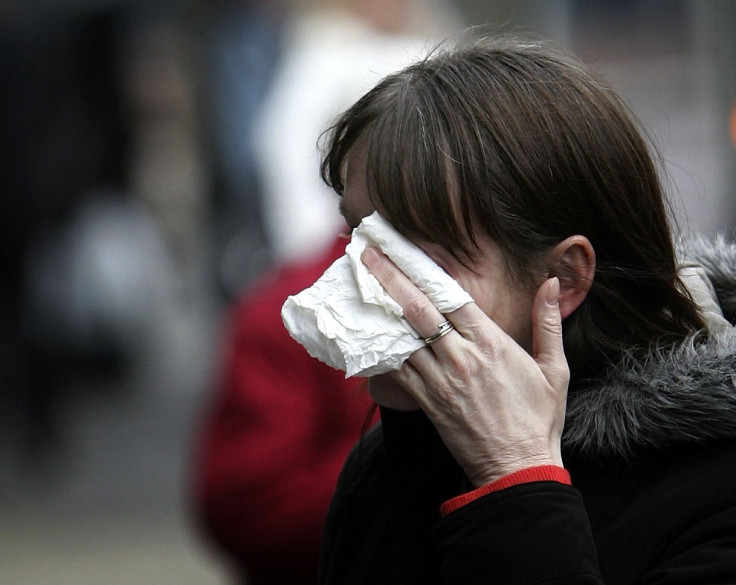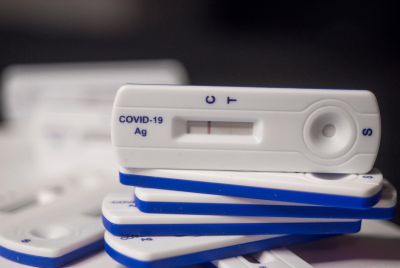World Mental Health Day: 'Living with Schizophrenia' Theme for 2014

Around 26 million people worldwide are affected by schizophrenia, the focus of World Mental Health Day this year.
Despite being a treatable disorder, more than half of people diagnosed with schizophrenia are unable to access adequate treatment. Around 90% of people with the condition who go untreated live in the developing world.
World Mental Health Day, celebrated annually on 10 October, shines a light on those living with schizophrenia – from those who face every day of their lives with it, to their families, friends, doctors and society as a whole – to raise awareness of the illness and focus on recovery.
What is schizophrenia?
Schizophrenia is a long-term mental health condition that causes a range of different psychological problems, including hallucinations, delusions, muddled thoughts based on hearing or seeing things that do not exist, and changes in behaviour.
Often described as a psychotic illness, schizophrenia means a person may not be able to distinguish their own thoughts from reality.
The word schizophrenia actually describes a number of symptoms that psychiatry has labelled a disorder – and not everyone with the condition has the same symptoms. A study at Washington University School of Medicine recently found schizophrenia is not a single disease but a combination of eight disorders, each with its own set of symptoms.
Who is affected?
An estimated one in 100 people will have one episode of schizophrenia in their lifetime, which can last for several weeks and be terrifying. Two thirds of these will go on to have further episodes.
Schizophrenia usually starts in the late teens or early twenties, but can affect anyone. It is one of the most common serious mental health conditions, and many sufferers go on to lead normal lives once they have received treatment.
It is most commonly diagnosed between the ages of 15 and 35 and men and women are equally affected.
How is it treated?
It is important that schizophrenia is diagnosed as early as possible, as it improves changes of recovery. The condition is usually treated with a combination of medication and therapy, depending on the individual. In most cases, this will be antipsychotic medicines and cognitive behavioural therapy (CBT).
Patients can also receive help from a community mental health team, who can offer day-to-day support and treatment. Some experience relapses, but it is possible to avoid this if the schizophrenia is well managed.
What causes the illness?
The exact causes of schizophrenia are unknown, but research suggests that physical, genetic, psychological and environmental factors can make people more susceptible to develop the condition. Some believe certain people may be prone to the disorder, but others suggest psychotic episodes can be triggered by a stressful or emotional life event.
Although it tends to run in the family, no single gene is responsible. It is more likely that there are different combinations of genes that can make people vulnerable to schizophrenia.
There is a connection between neurotransmitters, chemicals that carry messages between brain cells, and schizophrenia because drugs that alter the levels of neurotransmitters in the brain are known to relieve some of the symptoms of the illness.
Drug abuse can also be a trigger for schizophrenia for those already at risk. Certain drugs, such as cannabis, cocaine, LSD or amphetamines can lead to psychosis, according to studies.
Three major studies have shown teenagers under 15 who use cannabis regularly, especially the more potent form "skunk", are up to four times more likely to develop schizophrenia by the age of 26.
What misconceptions surround the illness?
It is commonly presumed that people with schizophrenia have a split personality – where they act normally one minute and bizarrely the next. This is not true.
Others wrongly associate schizophrenia with violent behaviour, but people with the condition are rarely dangerous. Any violent behaviour is normally instigated by illegal drugs or alcohol, which is the same for people who do not have schizophrenia.
© Copyright IBTimes 2025. All rights reserved.





















